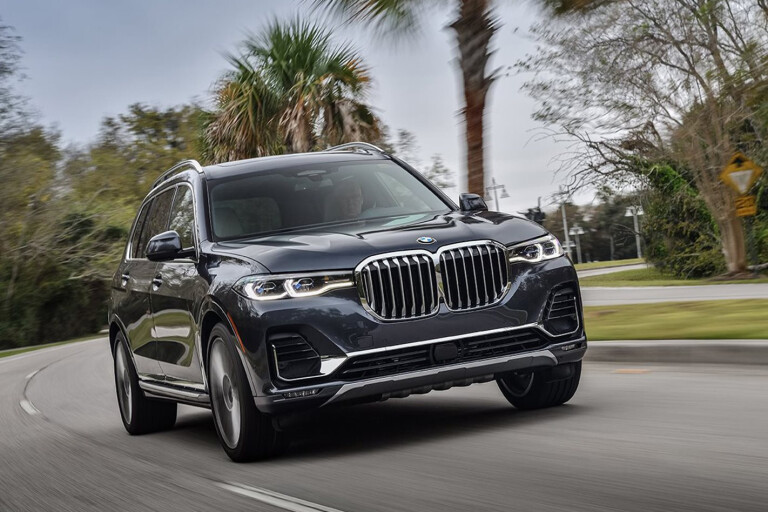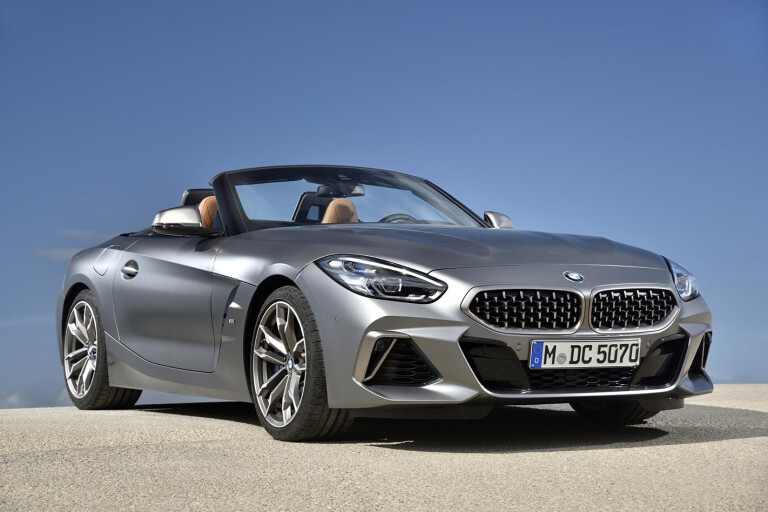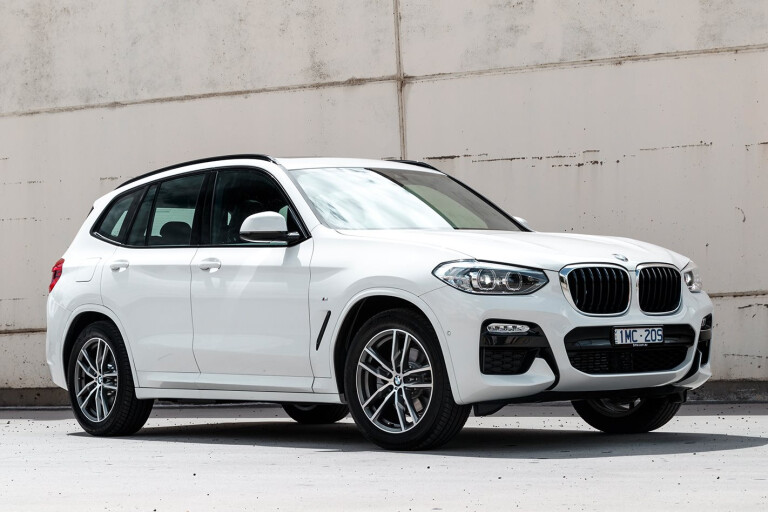
In 2018, Australia’s new passenger and SUV market fell by 4.6 percent – a decline foretold by a smaller but still significant 1.3 percent dip the year before and, if historical trends are an indication, the downturn is likely to last another 12 to 24 months.
But, while the slowing market might be a grey cloud for car brands, it could be a golden opportunity for customers looking to upgrade their car.
For a manufacturer facing the challenges of a cooling new car market, there are two distinct strategies: Batten down the hatches, cost cut, slash and burn the vehicle line-up and hope there is still something left to sell when the storm blows over.
.jpg )
But, says BMW, its opposite approach is reducing customer anxiety during periods of economic uncertainty which, in turn, is helping it minimise the inescapable sales downturn.
Speaking at the 2019 3 Series launch, BMW Australia CEO Vikram Pawah explained that the reasons for the slowing market are beyond the company’s control, but a positive reaction is better for customers and business alike.
“What is happening locally with us in terms of consumer confidence is driven by either real estate pricing, or credit availability, what’s happening politically, what is the rate growth that is happening, and plenty of other factors,” he said.
“Can I control all of them? No. Can I expect the government to control them? Yes.”
While other brands may be adopting a ‘do nothing’ strategy until consumers are willing to resume larger purchases in a more settled financial landscape, Pawah said the company was avoiding over-analysing the market and instead maintaining a focus on its customers.
“For us, if we keep on thinking about what is going to happen to the market, I think we are going to go into a tailspin,” said Pawah. “These kinds of softening of the market happen all the time around the world, and we’ve seen that with a lot of other manufacturers.
“We also know very strongly that we can overcome these things if you are offering the right value to your customers.”
That strategy includes the continued roll-out of fresh models and line-up bolstering variants within the current ranges. Notable new arrivals include a growing presence of hybrid variants which will take the iPerformance line-up to six options.
In May, an X7 upper-large SUV will blast in to local showrooms, the third-generation Z4 sportscar is here in March and the mighty 8 Series flagship coupe returns mid-year to name a handful of planned highlights.

“I think as we are launching new products, offering these new values to customers, there are still people interested in buying new products, that’s what gets foot-traffic into dealerships, we know that.
“With this kind of product offensive, we are very confident we can beat the trend this year.
“I think it’s a cyclical thing. For us, we‘re focused on how we look at our customers, how we are being customer-centric, offering them value – and if we are doing that, we’ll find our way through this, easily.”
Beyond a product onslaught, Pawah revealed that BMW would not be winding back its investment in its dealer network, with last year’s $170m investment matched again in 2019 to ensure “the right experience throughout dealerships”.
And that bricks, mortar and glass will be staffed by more highly trained employees.
“We’ve got 50 product geniuses across our network now, who are there more consultative to a customer than just selling.
“And a lot of other things we are going to roll out soon, we are trialing new things across the world and in Australia as well, which are more customer-centric, and you’ll get to hear more about it soon.”

For now, the X3 mid-sized SUV continues to carry a majority of BMW’s weight, followed by its larger sibling – the X5 - contributing a combined total of 1350 sales to the company’s overall figure of 3907 to the end of February this year.


COMMENTS